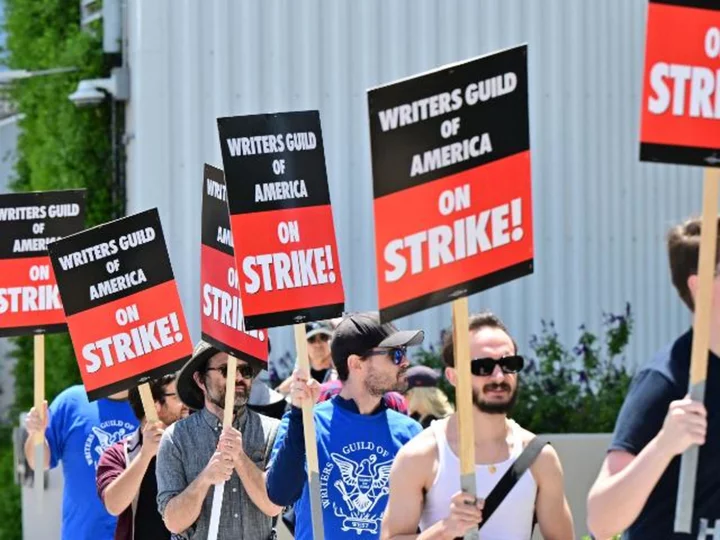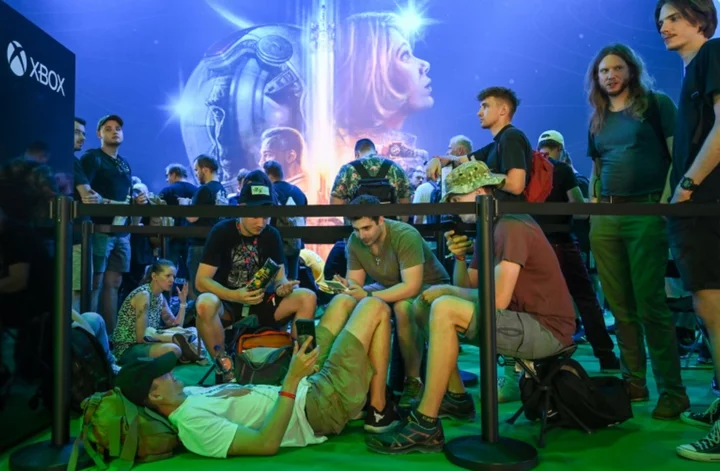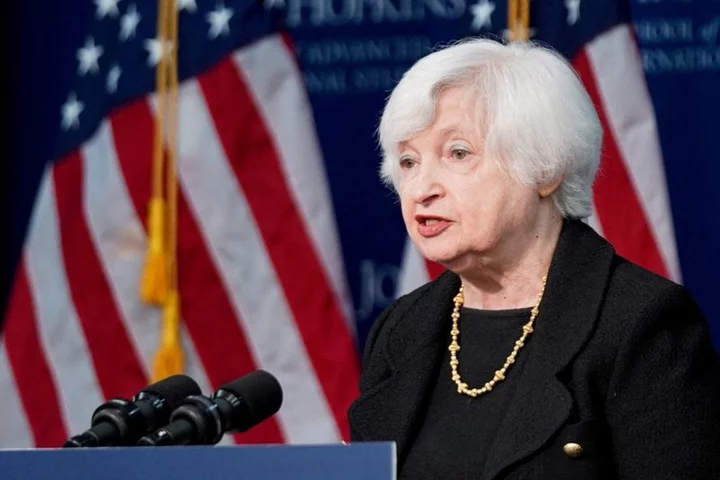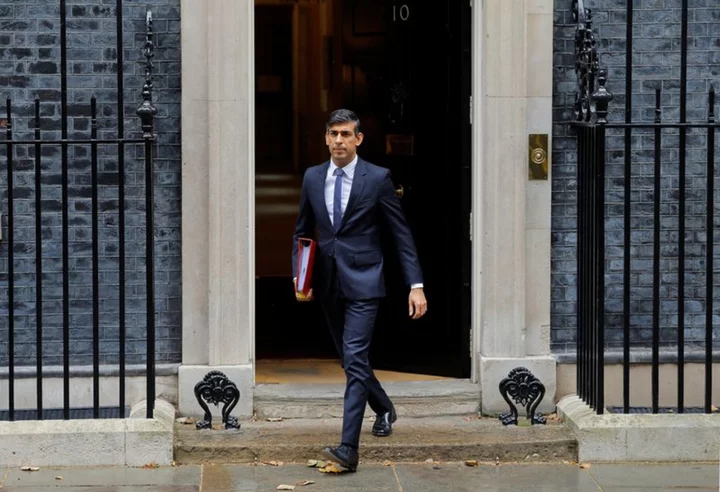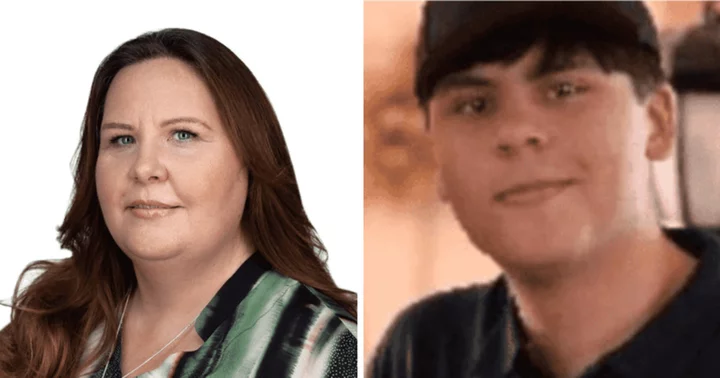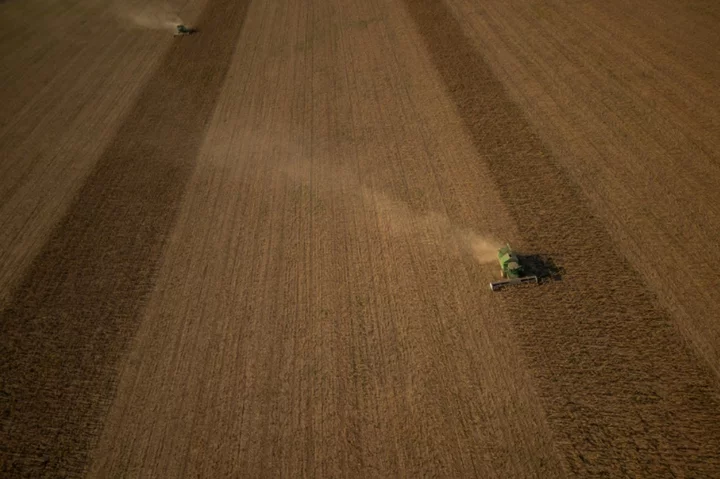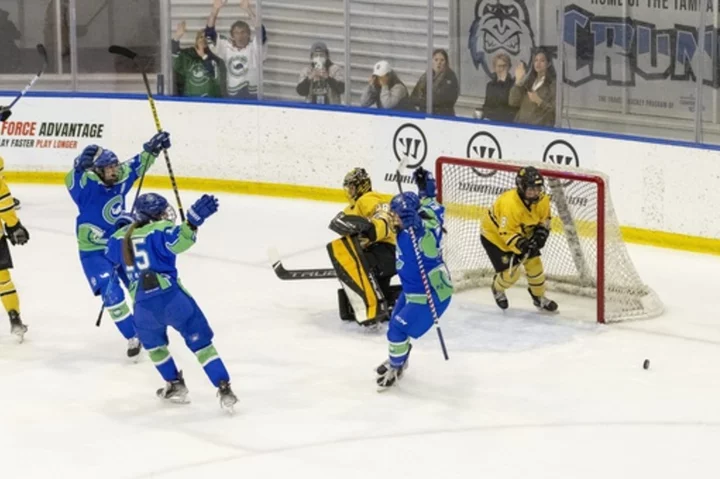The striking writers and Hollywood studios will meet for a third consecutive day Friday, after wrapping up "marathon" negotiations aimed at ending the nearly 150-day standoff.
The Writers Guild of America said in a message to its members late Thursday that they urged members to return to the picket lines, even as the WGA union and Alliance of Motion Picture and Television Producers studio bosses are set to return to negotiations.
"The WGA and AMPTP met for bargaining today and will meet again tomorrow," the guild wrote in a note sent to members late Thursday. "Your Negotiating Committee appreciates all the messages of solidarity and support we have received the last few days, and ask as many of you as possible to come out to the picket lines tomorrow."
The writers and heads of the four big Hollywood studios negotiated for more than 10 hours Thursday without reaching a deal, a person familiar with the matter told CNN.
The person, who requested anonymity because they were not publicly authorized to discuss the matter, said that more progress was made during the negotiations Thursday, the second straight day of intense talks between the two sides, but a deal still has not been inked to end the historic Hollywood work stoppage.
The AMPTP studio bosses — Warner Bros. Discovery chief David Zaslav, Disney chief Bob Iger, Netflix co-chief Ted Sarandos, and NBCUniversal studio chairman Donna Langley — resumed negotiations on Wednesday with the WGA. After the meeting, both sides issued a rare joint statement noting their discussions would continue the following day.
The fact that the two sides — which at times have rebuked each other for comments to the media — issued a joint statement signaled a possible sign of progress.
Warner Bros. Discovery is CNN's parent company.
The WGA went on strike May 2 with the work stoppage reaching its 143rd day on Thursday, putting it within two weeks of the longest strike in the union's history, which lasted 154 days in 1988. Many productions had halted even before SAG-AFTRA joined the WGA on strike July 14.
Both sides have similar sets of demands, including better wages, residuals payments from streaming services for their work, and job protections against the use of artificial intelligence.
Fighting for the future of media
Revenue streams from traditional linear television have been in decline, and streaming services -- while growing -- are losing money. Streaming shows tend to offer shorter seasons, reducing the amount of available work for writers.
The writers have said they can't afford to live under the current economics and pay structure of the television and movie industry, with fewer job opportunities on many shows and lower pay for many writers who do find work. There are many successful, even award-winning, writers who are finding themselves unable to make a living at the profession anymore.
Many productions also employ fewer writers than were on staff in the past. And the writers union wants writers to collect residuals on streaming shows and movies when the content is sold and re-aired. It's been an important source of income for many writers over the years. Today, they're unlikely to get meaningful residuals, if any at all, when they create original content for streaming services.
Writers are also concerned about the rise of artificial intelligence and want protections to ensure movies and shows are written by humans, not machines.
Studio management says they've been trying to offer a deal that is beneficial to both sides, but that they can't afford to meet all of the union's demands, including minimum staffing levels and duration of employment when writers are hired.
Even if the writers settle soon, most television and movie production can't resume right away.
That's largely because the SAG-AFTRA actors union remains on strike, and a deal between actors and Hollywood has remained elusive. They don't have the same signs of progress in negotiations that the writers union has shown.
- CNN's Chris Isidore contributed to this report

